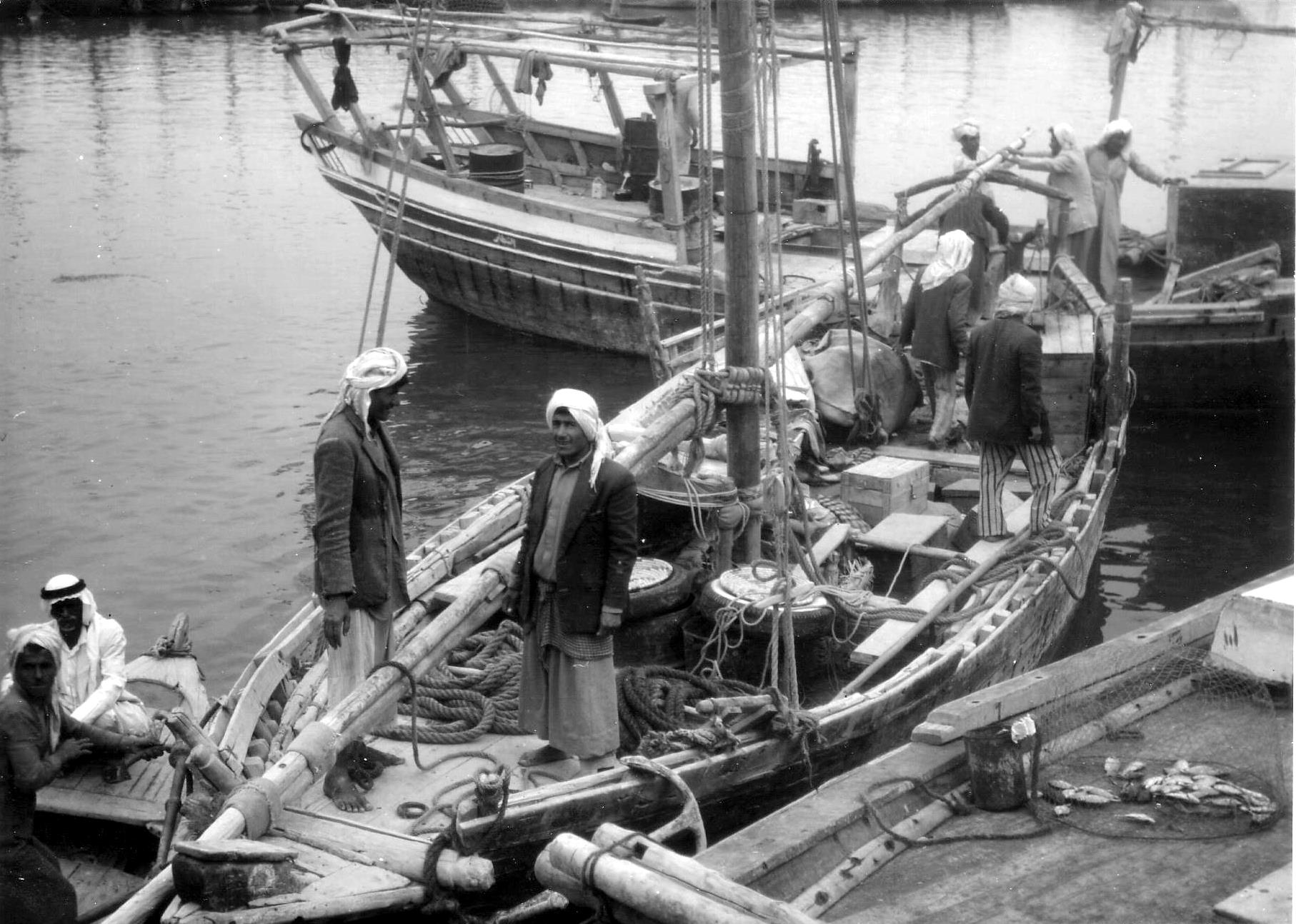Kuwait is a small nation among the Arabian Gulf countries. According to records, Failaka, one of the nine islands of Kuwait, was inhabited with people 2000 years before Jesus Christ. They had followed Greek culture and traditions. History of modern Kuwait began from the middle of 18th century. In 1756, Kuwait became an independent society and Sheikh Sabah Bin Jaber became the first Amir. Since then the Sabah family ruled Kuwait and brought it to the level of a developed welfare state.
Christian Mission ary work started in Kuwait during 1910 when the American Medical Mission of the Reformed Church opened a health clinic, which later became a Men's Hospital. Then they started another hospital for women in 1920. Missionaries and hospital staff used to gather on Sundays to conduct worship services initially in the open air. Then they held the Sunday worship services in houses and hospitals, until a church was built in Kuwait in 1931. Both English and Arabic services were held in the church under the general overseeing of the Arabian Mission.
ary work started in Kuwait during 1910 when the American Medical Mission of the Reformed Church opened a health clinic, which later became a Men's Hospital. Then they started another hospital for women in 1920. Missionaries and hospital staff used to gather on Sundays to conduct worship services initially in the open air. Then they held the Sunday worship services in houses and hospitals, until a church was built in Kuwait in 1931. Both English and Arabic services were held in the church under the general overseeing of the Arabian Mission.
In 1938, oil was discovered in the island of Burgan, and production began in 1946. This brought in several job opportunities, and many people from different parts of the world came to Kuwait seeking employment. With the discovery of oil, Kuwait's economy began to boom and many Christians from Kerala entered Kuwait for employment in oil companies and other firms. Some of them had a burning desire to worship the Lord in their mother-tongue. This resulted in the formation of a small group with members from different Christian denominations.
On Friday, 2nd January 1953, this group gathered for their first official meeting and formed an Inter-denominational Congregation named as The Kuwait Town Malayalee Christian Congregation (KTMCC).
KTMCC is an integral part of the National Evangelical Church in Kuwait (NECK), which consists of three language congregations, namely The Kuwait Town Malayalee Christian Congregation (KTMCC), Arab Language Congregation (ALC) and English Language Congregation (ELC).
more KTMCC is comprised of the following five Churches.
Mar Thoma Syrian Church of Malabar
Church of South India
St. Thomas Evangelical Church of India
Pentecostal Church
Brethren Assembly
Kuwait is a small nation among the Arabian Gulf countries. According to records, Failaka, one of the nine islands of Kuwait, was inhabited with people 2000 years before Jesus Christ. They had followed Greek culture and traditions. History of modern Kuwait began from the middle of 18th century.
moreThe Covenant.
We, who are now assembled in the presence of God in the name of Jesus
Christ, affirm our faith in God the Father, the Son and the Holy Spirit,
made known to us in the Holy Scriptures, the infallible rule of faith and
practice.
The KTMCC is known for its uniqueness, as its members from different denominations worship the Lord in one accord and one spirit. KTMCC is an integral part of the National Evangelical Church in Kuwait (NECK), which consists of three language congregations, namely The Kuwait Town Malayalee Christian Congregation (KTMCC), Arab Language Congregation (ALC) and English Language Congregation (ELC). The purpose of KTMCC is to carry on the Christian work as a part of the total mission of the National Evangelical Church in Kuwait.Membership to KTMCC is open to all who confess their faith in Jesus Christ as their Lord and Saviour, and who are active members of any one of the constituent churches in Kuwait and shall sign the membership form (available at the download link). KTMCC has about 900 members at present.
A tripartite leadership structure guides our projects from conception to completion and balances the three essential elements of successful design: joy, utility and craft.